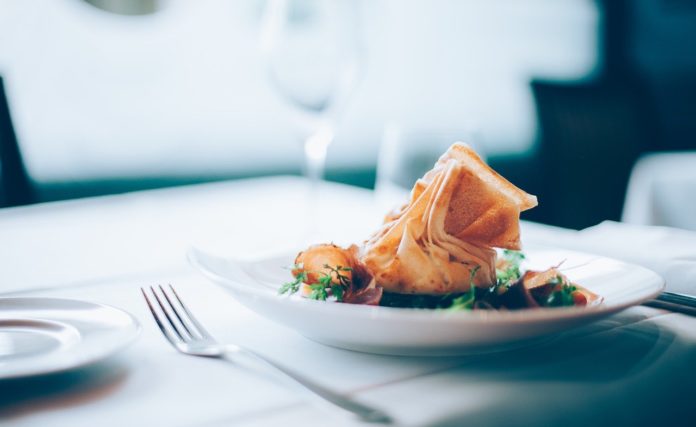A number of Eindhoven catering entrepreneurs are angry that they are on a ‘blacklist’ by the Dutch Food and Consumer Product Safety Authority (NVWA). The list, which has recently been online, lists all restaurants where ‘points for improvement have been found’. “They don’t even look at our objections.”
The popular Chinese Indian restaurant Bali, the trendy all-you-can-eat sushi place Sakana on the Kleine Berg and Hizmet on the Kruisstraat, the place where a long queue waits for several metres on Saturday afternoon. A number of busy eateries are on the list of issues for which the NVWA ‘points for improvement’ have been identified. Over the past year, the agency conducted hundreds of unannounced inspections. During these visits, the NVWA pays attention to various matters in the field of food safety, hygiene and pest control.
Does the entrepreneur comply with the rules for temperature control? Does he inform customers about allergens present in the food? Are pests controlled effectively? These and many other questions must ultimately be answered in the inspection report. At the end of the year, this document will be put online and everyone can view it.
Legal action
An entrepreneur who wishes to remain anonymous points out that his case is already being put online even though the objection period has not yet expired. He submitted a ‘viewpoint’ but received no response. He has now hired a lawyer who is looking into whether a case can be filed. “You are being convicted without a hearing. I will not leave it at that.”
According to the NVWA, that is indeed the method they use. The spokesperson does not want to respond to questions from Studio040 , referring to a text on the website. It states that an entrepreneur must apply for relief from the local court if he does not want to be listed online. “Do you want to be sure that your data will not appear on the website until your objection has been processed? Then request a provisional measure from the court within two weeks of the decision.”
Stimulate
The NVWA apparently believes that the consumer’s right to information outweighs the defense of entrepreneurs, according to other texts on the website. “The inspection results provide a good picture of food safety in the catering industry. As a consumer you can base your choice on this, for example if you want to go out for dinner. Publication can also encourage entrepreneurs to deal better with food safety, and thus to better comply with the laws and regulations.” Anyone who reads carefully will learn that when the list is made public, a small amount of self-interest on the part of the organisation also plays a role; the last sentence reads: “(…) we also want to give consumers insight into the work of the NVWA with the disclosure.”
Source: Studio040
For Eindhoven News: Lila Mehrez
















